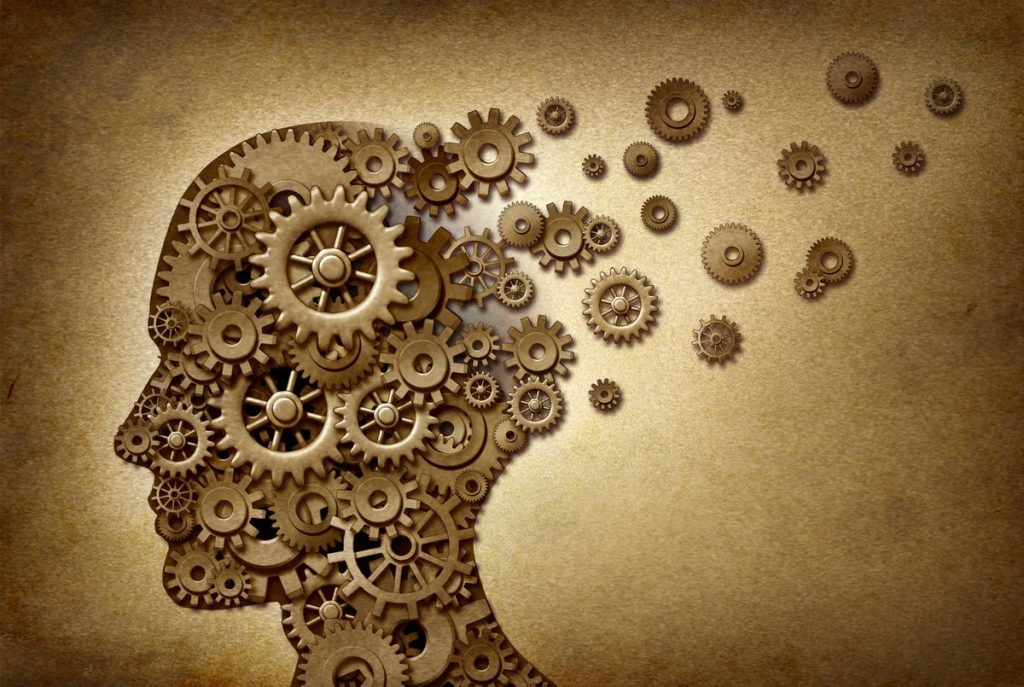What about Alzheimer’s disease?
And so, between forgetting about the movie you watched the day before or confusing the names of the singers, what’s more worrying?
Alzheimer’s disease is usually associated with decreased episodic memory. Patients will complain that they no longer remember the events they experienced, the conversations they had, and the things they did. This type of memory is often tested in neuropsychology when evaluating dementia, and it is also this type of memory that has been studied in the vast majority of research on Alzheimer’s disease.
However, a new paradigm is emerging in clinical research, particularly in the laboratory where we conduct our research.
Recent studies show, in fact, that semantic memory will be the first to be affected in the course of Alzheimer’s disease. It has been found that even before their memories of the events they experienced are forgotten, patients show a gradual decline in their general knowledge.
For example, they have more difficulty than healthy elderly people naming celebrities, such as Albert Einstein, or well-known slogans such as Pepsi or Desjardins. They also find it difficult to answer questions about the biography of these celebrities (for example, whether Maurice Richard was, yes or no, a singer), to answer specific questions about objects or animals (did the ostrich run, fly, or swim?) or Learn about things like a harmonica or a helicopter or an igloo from drawing.
Symptoms 12 years ago
According to a study that evaluated several hundred older adults on different cognitive functions, individuals who will develop Alzheimer’s disease begin to have deficits in semantic memory for up to 12 years before being diagnosed with dementia. Thus semantic memory difficulties arise before the forgetfulness of live events, spatio-temporal confusion, loss of subjective traces or speech difficulties.
However, these deficiencies are rarely reported by patients when they complain about their memory, because they usually find a way to compensate for these difficulties in their daily lives. They will use prefixes like “thing” or “trick” to describe concepts they can no longer name. In particular, this explains why semantic memory has not been studied in relation to Alzheimer’s disease.
Above all, don’t be alarmed
It’s common that as we age we worry about our memory and fear Alzheimer’s disease. It is very normal. In clinical neuropsychology, we even see that many elderly people complain about their memory, even those who do not find it difficult at the end! So we should not be alarmed by the slightest censorship, because subjective complaints do not necessarily correlate with real impotence. These complaints may be associated, for example, with the presence of anxiety, symptoms of depression or loneliness.
Despite everything, knowing the first signs of Alzheimer’s disease allows us to look for the first manifestations in ourselves and our loved ones. When we see that we have more and more words ‘on the tip of the tongue’, we can no longer tell stories as accurately as they used to be or we have difficulty naming or using certain everyday things – and whether this worries us or our loved ones – it may be appropriate to schedule an appointment To see a doctor or a neuropsychologist.
Fortunately, there are actions that can be taken to support our cognitive health. First, intellectual stimulation is important: reading books, performing Sudoku, crossword puzzles or puzzles, playing board games, and doing social activities are examples of activities that can improve our resistance to developing cognitive impairment. Also, hygiene of life is very important. Regular physical activity, eating a healthy diet, and maintaining good sleep habits are beneficial for both physical and cognitive health.

“Amateur entrepreneur. Professional internet expert. Zombie maven. Incurable pop culture scholar.”






More Stories
You've spent your evenings watching “Criminal Minds,” if you can name these five characters
Charged with throwing a tarantula at a tenant
After The Walking Dead, Andrew Lincoln has landed a role in an “exciting” new series.